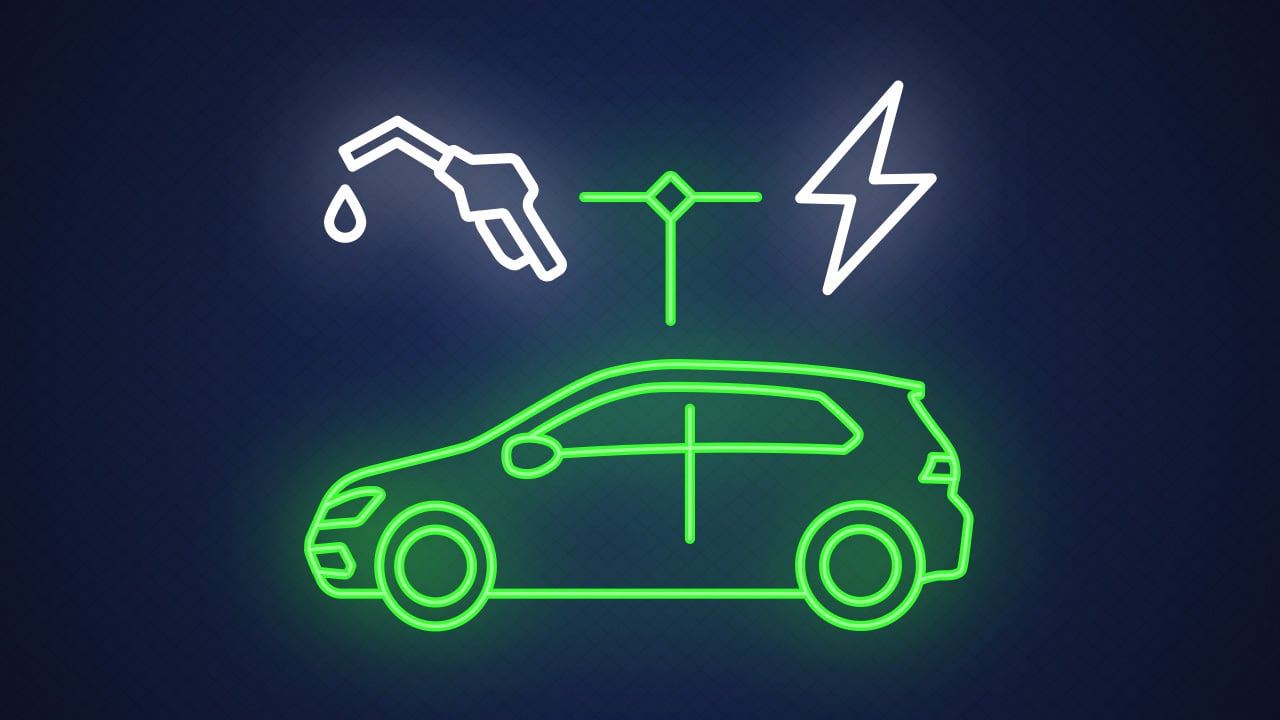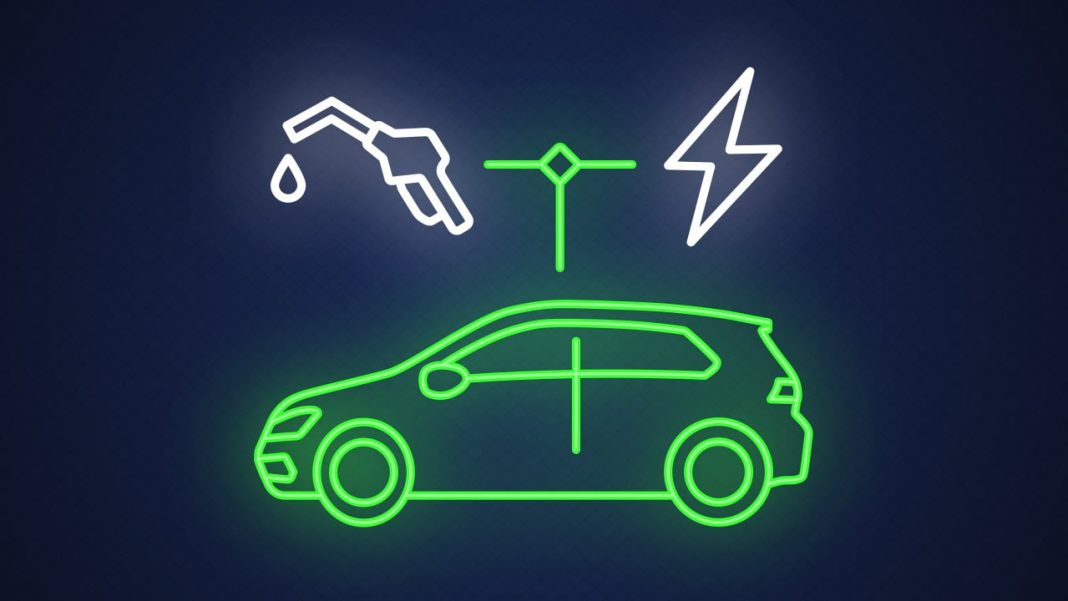 Jeep is planning to boost its sales of plug-in hybrid electric vehicles (PHEVs) in the U.S. by up to 50% this year. This move comes as the automaker seeks to bridge the gap between its traditional gas-guzzling SUVs and all-electric vehicles (EVs), especially since EV sales have been slower than expected. According to Jeep CEO Antonio Filosa, the company aims to sell between 160,000 and 170,000 PHEVs in the U.S. in 2023, representing a significant increase from last year’s figures.
Jeep is planning to boost its sales of plug-in hybrid electric vehicles (PHEVs) in the U.S. by up to 50% this year. This move comes as the automaker seeks to bridge the gap between its traditional gas-guzzling SUVs and all-electric vehicles (EVs), especially since EV sales have been slower than expected. According to Jeep CEO Antonio Filosa, the company aims to sell between 160,000 and 170,000 PHEVs in the U.S. in 2023, representing a significant increase from last year’s figures.
Jeep’s strategy revolves around providing consumers with more options, as Filosa highlighted during a recent interview. By offering PHEVs, which combine internal combustion engines with EV technologies, Jeep hopes to accelerate the adoption of electrified vehicles. These PHEVs can be seen as a stepping stone towards fully electric models, allowing consumers to experience the benefits of electric driving while still having the reassurance of a traditional engine.
If Jeep achieves its sales target for PHEVs this year, it would surpass Stellantis’ total PHEV sales for 2023 and outperform industry forecasts for segment growth. AutoPacific predicts a 27.5% growth for PHEVs in 2023, compared to a 17% growth for EVs. In 2022, Jeep sold a total of 113,113 PHEVs, with the Jeep Wrangler and Jeep Grand Cherokee being the top-selling models. In the first quarter of 2023, PHEV sales already reached 31,750 units, a 47% increase compared to the same period last year.
Jeep’s strong focus on PHEVs is a strategic move to offset sales of its gas-guzzling SUVs and comply with tightening emissions and fuel economy standards. The automaker has several upcoming EVs in its pipeline, including the Wagoneer S EV, the Recon (a Wrangler-like EV), and a replacement for the discontinued Cherokee midsize SUV. Additionally, Jeep plans to introduce new plug-in “range-extender” models for its gas-powered Wagoneer and Grand Wagoneer large SUVs in 2025.
Jeep’s CEO, Antonio Filosa, expressed confidence in the company’s game plan and business strategy. He emphasized that Jeep is well-positioned to meet its sales targets, both in terms of price positioning and product offerings. Filosa also mentioned that Jeep is considering launching traditional hybrid vehicles alongside its plug-in models, as the market response to hybrids is being evaluated.
Stellantis Chief Technology Officer Ned Curic added that the company is developing “range-extender electric vehicle” models (REEVs) that operate differently from traditional hybrids. REEVs can operate as zero-emissions EVs until their batteries are depleted, at which point an electric onboard generator powered by a V6 engine kicks in to power the vehicle. The first REEV vehicle from Stellantis is expected to be the Ram Ramcharger full-size pickup truck later this year. Curic expressed confidence in the success of this model and stated that REEVs will be priced higher than PHEVs but lower than all-electric models.
In conclusion, Jeep’s focus on PHEVs as a bridge to all-electric vehicles reflects the brand’s commitment to providing consumers with a range of choices. By offering PHEVs, Jeep aims to accelerate the adoption of electrified vehicles and meet tightening emissions standards. With a strong lineup of upcoming EVs and plug-in “range-extender” models, Jeep is well-positioned to cater to the evolving needs of consumers and drive its sales growth in the U.S. market.


